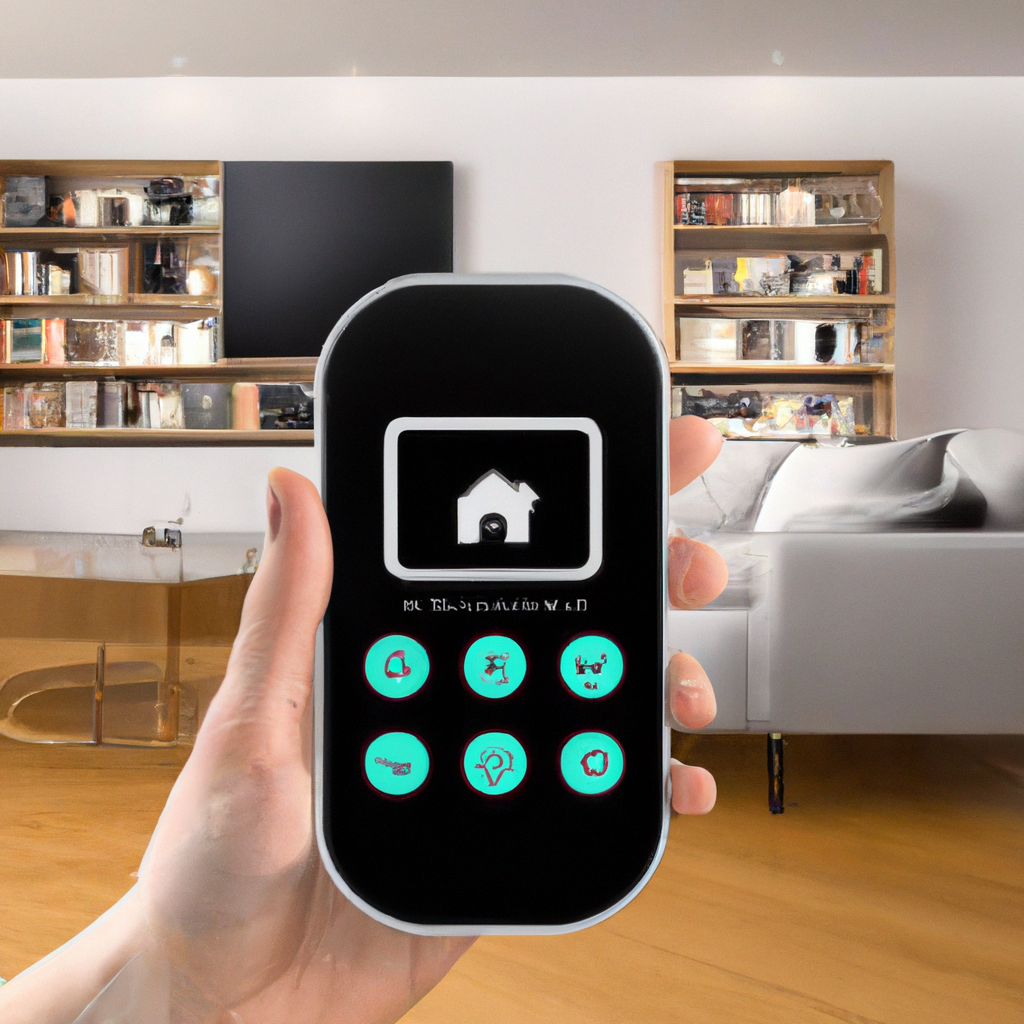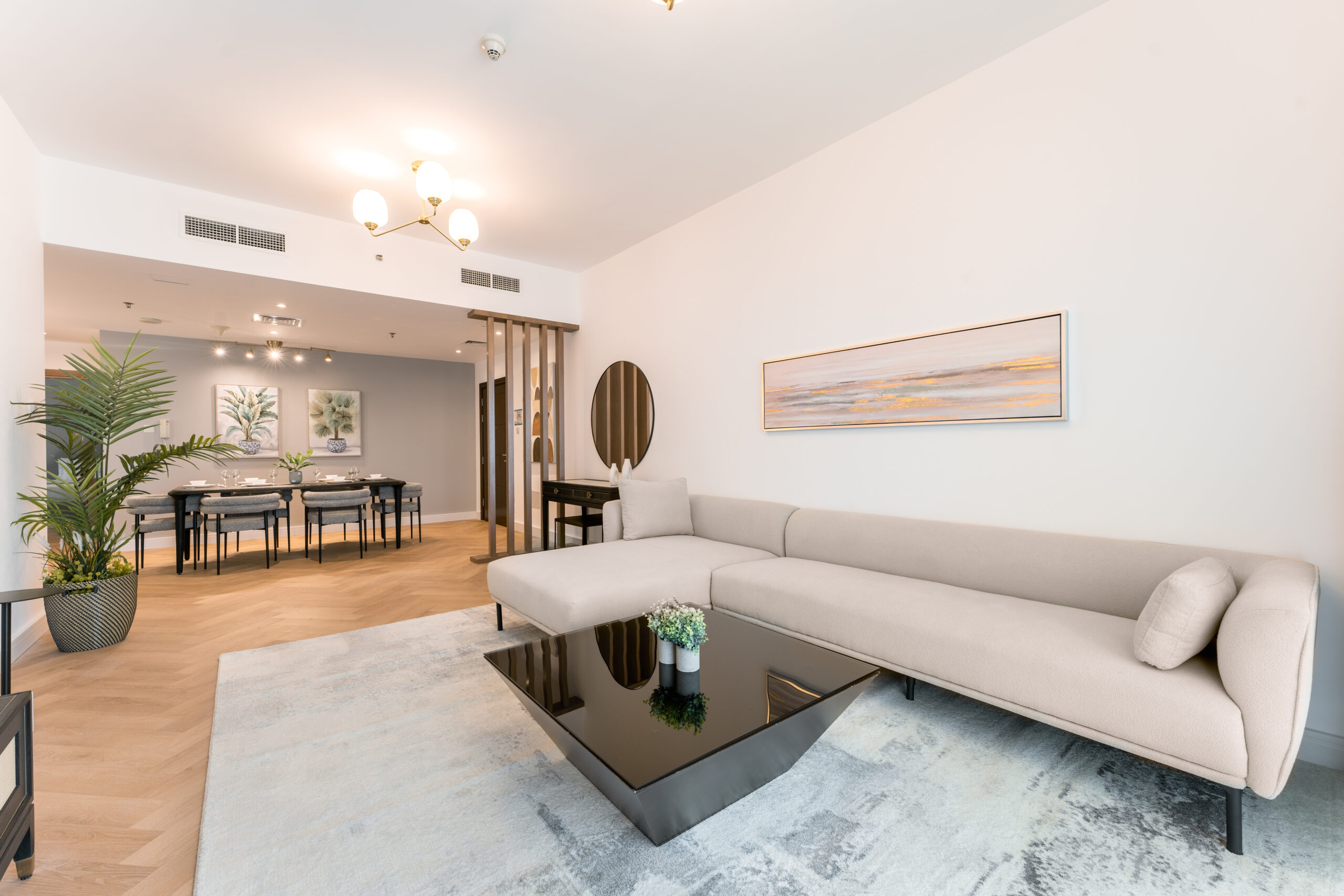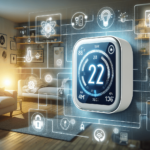Imagine living in a home that effortlessly adapts to your unique lifestyle and preferences. From the moment you step through the front door, every aspect of your living environment is seamlessly tailored to your needs and desires. That’s the power of customizing smart homes. With advancing technology, homeowners now have the ability to create personalized experiences within their living spaces, all at the touch of a button. Whether you’re a tech-savvy millennial or a busy parent looking to simplify your daily routines, smart homes have the potential to revolutionize the way we live. In this article, we will explore how smart homes can be customized to suit different lifestyles and preferences, making our homes truly smart in every sense of the word.
Smart Home Basics
Definition of a Smart Home
A smart home refers to a residence that is integrated with technology and automation systems, allowing the homeowner to control various aspects of their home remotely. These systems are interconnected, providing convenience, energy efficiency, and enhanced security.
Components of a Smart Home System
A smart home system consists of several components that work together seamlessly. These can include smart thermostats, lighting systems, security cameras, smart locks, voice assistants, and entertainment systems. These components communicate with each other through a central hub or a mobile app, giving you full control over your home.
Benefits of Smart Homes
There are numerous benefits to having a smart home. Firstly, it provides convenience by allowing you to control different aspects of your home with just a few taps on your smartphone. Secondly, smart homes promote energy efficiency by allowing you to manage your lighting, heating, and cooling systems according to your schedule, ultimately saving on energy bills. Additionally, smart homes offer enhanced security through features such as remote monitoring, burglar alarms, and smart locks, giving you peace of mind. Finally, smart homes can increase the value of your property and attract potential buyers.
Understanding Different Lifestyles and Preferences
Various Lifestyles and their Smart Home Needs
Different lifestyles have varying needs when it comes to smart home customization. For example, families may prioritize features such as childproofing, voice-controlled assistants to help with daily routines, and monitoring systems to ensure the safety of their children. On the other hand, tech-enthusiasts may focus on integrating advanced gadgets and cutting-edge technologies into their smart homes. It is important to consider these specific needs when customizing smart homes.
Factors Influencing Preferences in Smart Home Customization
Several factors can influence the preferences in smart home customization. These factors may include the size of the household, age groups living in the home, pets, hobbies, and daily routines. Additionally, personal preferences, such as preferred lighting ambiance, entertainment options, and security requirements, play a significant role in determining the customization options for a smart home.
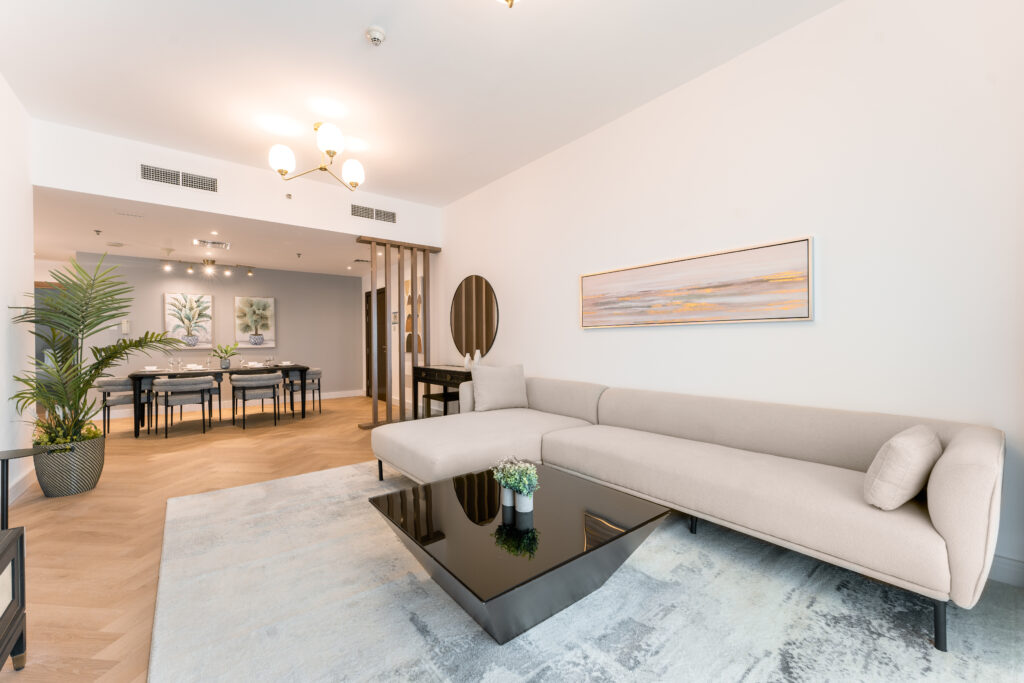
Customization Options
Smart Lighting Solutions
Smart lighting solutions offer an array of customization options that allow you to create the perfect ambiance for any occasion. With smart lighting, you can adjust the color, brightness, and intensity of your lights remotely, or even set them to change automatically based on your preferences or the time of day.
Temperature and Climate Control
Smart thermostats provide the opportunity to customize and control the temperature of your home. With programmable settings and remote access, you can ensure that your home is heated or cooled to your desired level, making it comfortable once you step through the door.
Entertainment and Media Integration
Smart home customization also includes integrating entertainment systems seamlessly. From voice-controlled televisions to wireless speakers, you can create a personalized entertainment setup in your home. With media integration, you can easily access your favorite music, movies, and TV shows from anywhere within your home.
Security and Surveillance
Enhanced security is a crucial aspect of smart home customization. Installing smart security cameras, motion sensors, and smart locks ensures that you have full control over who enters your home and when. Remote access to these systems allows you to monitor your home’s security even when you are away.
Home Automation and Voice Control
Automating routine tasks in your smart home can offer convenience and simplify your daily life. Imagine being able to control appliances, curtains, or even start your morning coffee brewer with just a voice command. With home automation and voice control, you can customize and personalize your smart home experience.
Smart Home Customization for Specific Lifestyles
Family-Oriented Homes
For family-oriented homes, customization revolves around creating a safe and secure environment for children. Childproof locks, smart cameras for monitoring, and voice-controlled systems that assist with daily routines are essential. Additionally, smart scheduling for lighting and temperature control can help create a comfortable and energy-efficient home.
Tech-Enthusiast Homes
Tech-enthusiast homes focus on incorporating the latest technologies and gadgets into their smart homes. From advanced home theater systems with surround sound to intelligent appliances that can be controlled remotely, the aim is to create a futuristic and cutting-edge living environment.
Elderly and Disabled-Friendly Homes
Smart home customization can greatly benefit the elderly and disabled individuals by providing assistance and enhancing their quality of life. Features such as voice-controlled systems, automated lighting, and accessibility adjustments can make daily tasks easier and promote independence.
Eco-Conscious Homes
For eco-conscious individuals, smart home customization can help reduce environmental impact. Energy-efficient lighting, smart thermostats, and renewable energy management systems can significantly contribute to reducing energy consumption and carbon footprint.
Work-From-Home Homes
With the rise of remote work, customization options for work-from-home homes have become increasingly important. Features like customized lighting and temperature control, integrated home office spaces, and voice-controlled systems can create a productive and comfortable work environment.

Factors to Consider in Customization
Budget and Affordability
When customizing a smart home, it is essential to consider your budget and affordability. Evaluate your priorities and allocate funds accordingly to ensure you can customize your home within your financial means.
Scalability and Future-Proofing
Technology is constantly evolving, and it is important to consider the scalability and future-proofing of your smart home system. Choose components that can be easily upgraded or integrated with emerging technologies to avoid the need for a complete overhaul in the future.
Integration and Compatibility
Before making any customization decisions, make sure to check the integration capabilities and compatibility of different components. Ensuring that your devices can communicate with each other seamlessly is crucial for a smooth and connected smart home experience.
Privacy and Security Concerns
With the increasing reliance on technology in smart homes, privacy and security concerns must be taken seriously. Choose reputable brands and conduct thorough research to ensure that your smart home system is secure from potential vulnerabilities and that your personal data remains protected.
Consulting Smart Home Experts
Importance of Professional Consultation
When considering smart home customization, seeking professional consultation from smart home experts is highly recommended. Their expertise can guide you in making well-informed decisions based on your lifestyle, preferences, and budget.
Choosing the Right Smart Home Company
Selecting the right smart home company is crucial for a successful customization process. Look for companies that offer comprehensive solutions, have a good reputation, and provide excellent customer service.
Assessing Expertise and Experience
Before committing to a smart home company, assess their expertise and experience. Look for certifications, industry recognition, and reviews from previous clients to ensure that they have the necessary knowledge and skills to meet your customization needs.
Evaluating Customer Reviews and Testimonials
Take the time to read customer reviews and testimonials about the smart home company you are considering. This will give you insights into the quality of their work, customer satisfaction, and the overall experience of working with them.

DIY Smart Home Customization
Understanding the Risks and Limitations
While DIY smart home customization can be tempting, it is important to understand the potential risks and limitations involved. Lack of technical expertise and knowledge can lead to installation errors, compatibility issues, or compromised security.
Recommended DIY Smart Home Products
If you decide to pursue DIY smart home customization, there are several user-friendly products available on the market. These include smart plugs, smart light bulbs, and simple home automation kits that require minimal technical know-how.
Installation and Configuration Tips
When installing and configuring DIY smart home products, it is essential to carefully follow the manufacturer’s instructions. Ensure that your Wi-Fi network is stable and secure, and always update the firmware of your devices to protect against security vulnerabilities.
Best Practices for Smart Home Customization
Identifying Key Requirements
Start by identifying your key requirements and prioritize them based on your lifestyle and preferences. This will help you create a tailored smart home system that perfectly suits your needs.
Creating a Smart Home Plan
Before making any purchases or installations, create a comprehensive smart home plan. This plan should include a layout of your home, a list of required components, a budget breakdown, and an integration strategy to ensure a cohesive and efficient smart home system.
Testing and Troubleshooting
After customization, thoroughly test your smart home system to ensure that all components are working correctly. Troubleshoot any issues that arise and reach out to technical support if necessary.
Regular Maintenance and Upgrades
Smart homes require regular maintenance and occasional upgrades to ensure optimal performance. Stay updated with firmware releases and security patches, and periodically reassess your customization to meet changing needs and advancements in technology.
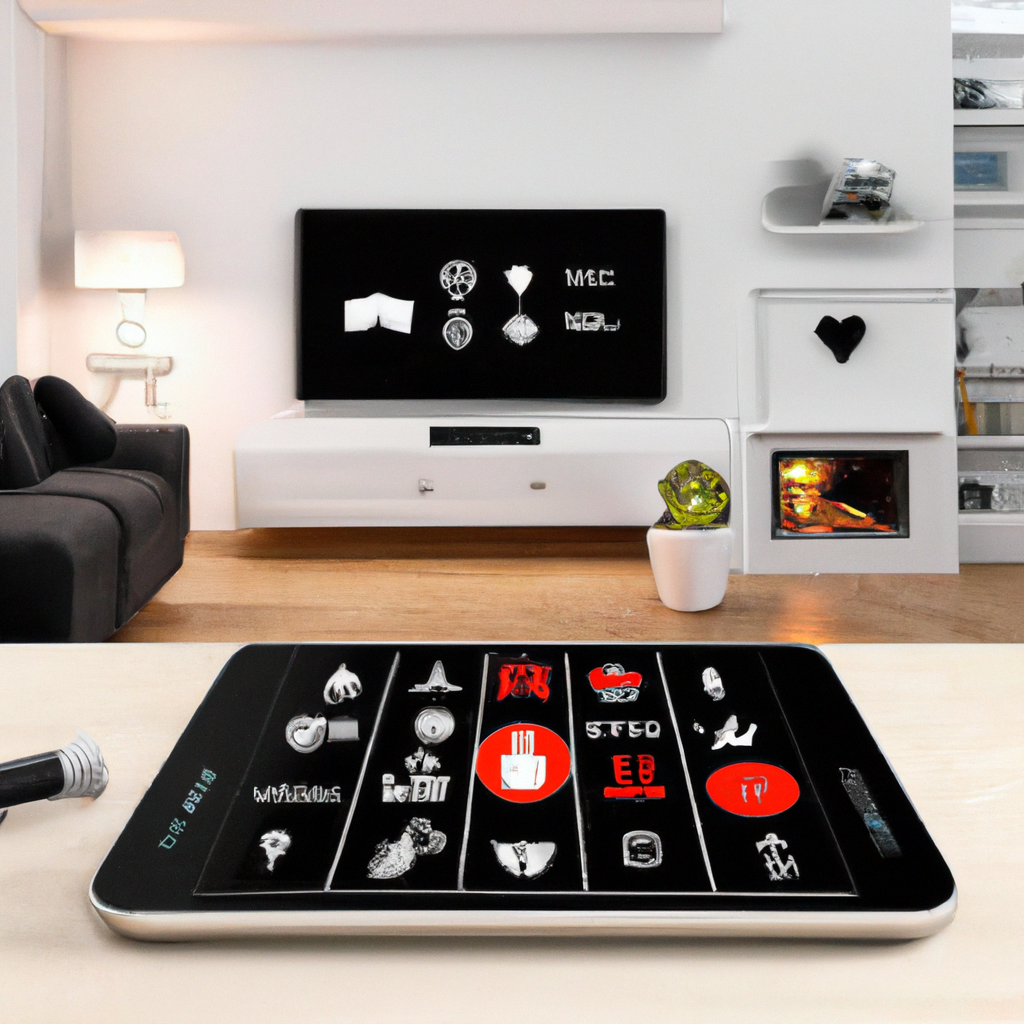
Future Trends in Smart Home Customization
Artificial Intelligence and Machine Learning
The integration of artificial intelligence and machine learning is expected to play a significant role in the future of smart home customization. These technologies will enable smart homes to learn and adapt to users’ habits and preferences, further enhancing convenience and personalization.
Interconnectivity and IoT Expansion
The Internet of Things (IoT) is continuously expanding, allowing for greater interconnectivity among devices. This interconnectivity will enable seamless communication and integration between various smart home components, enhancing the overall functionality of the smart home system.
Personalization and Adaptive Automation
Future smart homes will focus on personalization and adaptive automation. Systems will be able to anticipate user needs and adjust settings automatically, providing a tailored and intuitive experience.
Energy Efficiency and Sustainability
With the growing concern for energy efficiency and sustainability, future smart home customization will place a greater emphasis on renewable energy integration, energy monitoring, and eco-friendly practices. This will allow homeowners to reduce their carbon footprint and contribute to a more sustainable future.
Conclusion
Customizing smart homes to suit different lifestyles and preferences is not only possible, but it also offers numerous benefits. From increased convenience to energy efficiency and enhanced security, smart home customization can greatly improve the quality of life. By considering factors such as lifestyle, preferences, and budget, and consulting smart home experts when needed, homeowners can create a customized smart home that perfectly aligns with their needs and desires. As technology continues to evolve, embracing smart home customization is an exciting way to embrace the ever-evolving possibilities and capabilities of modern technology.
